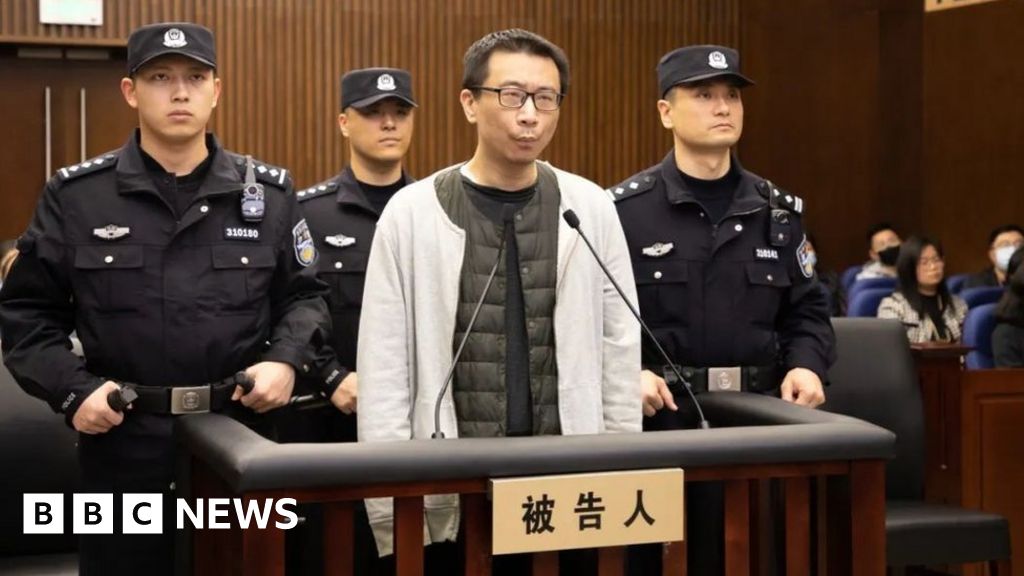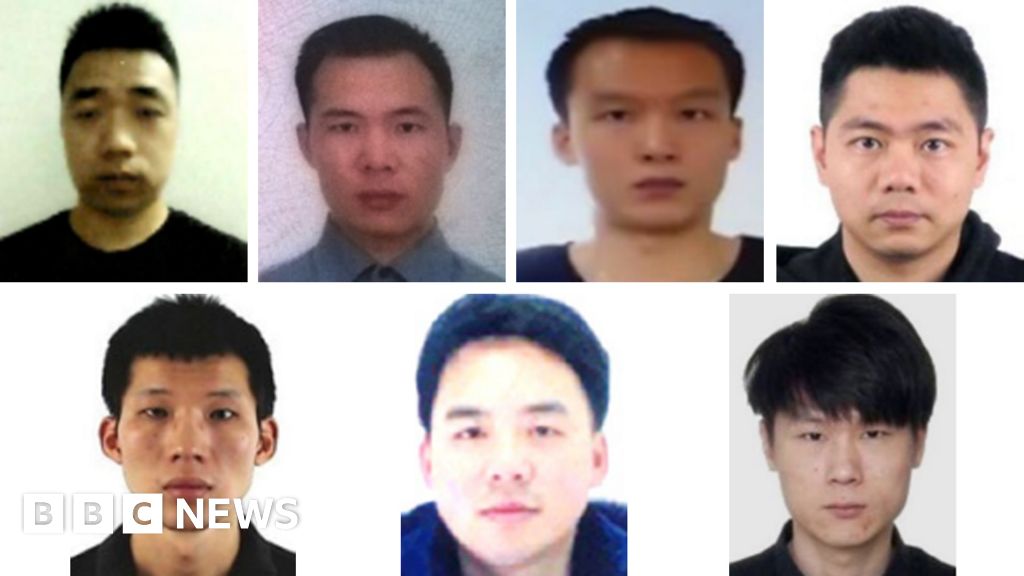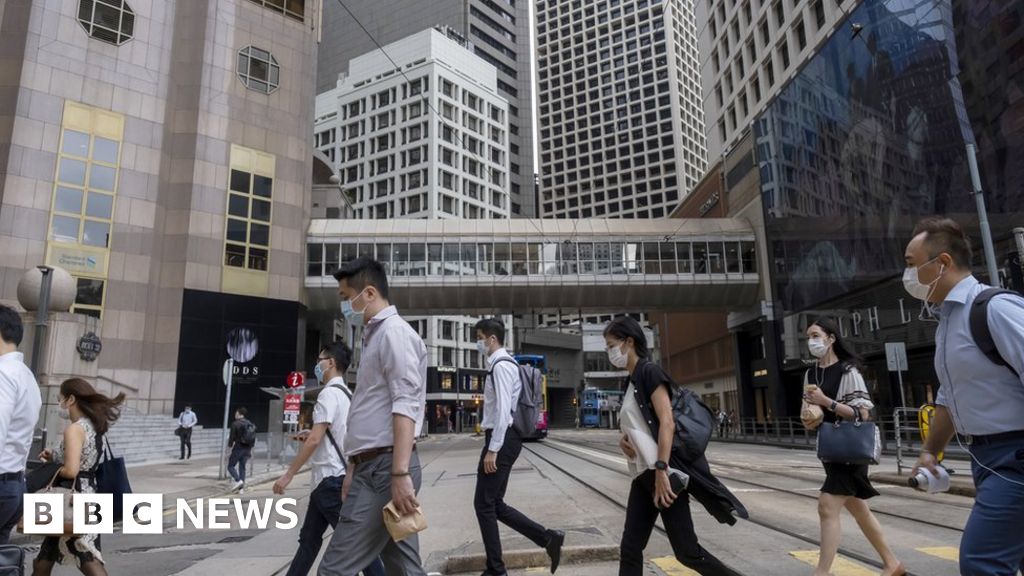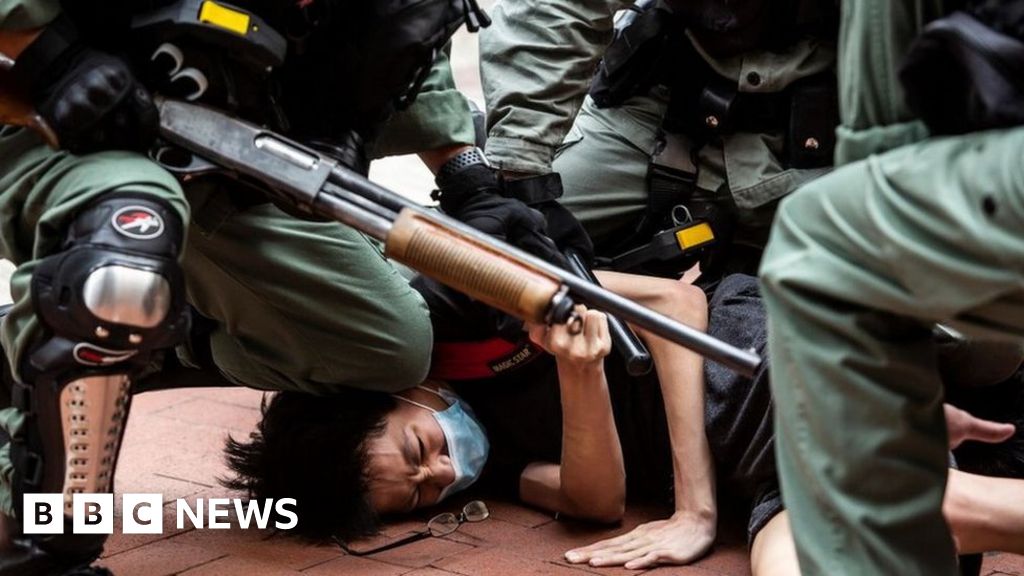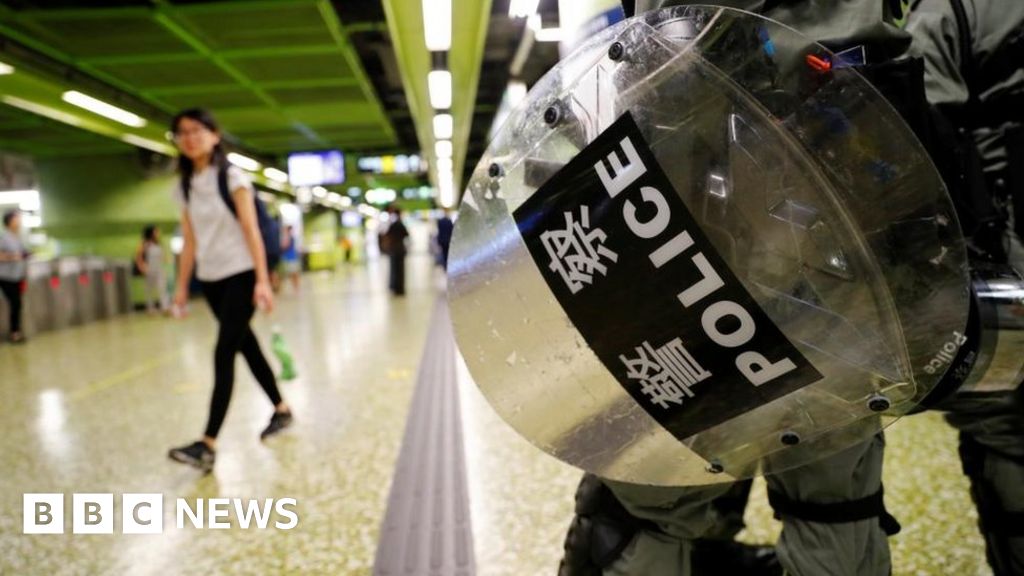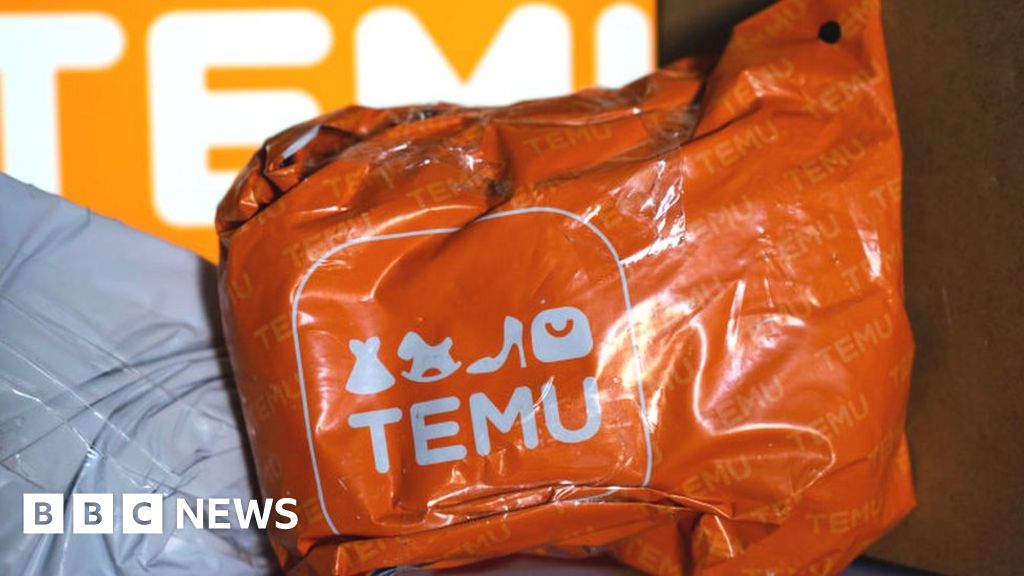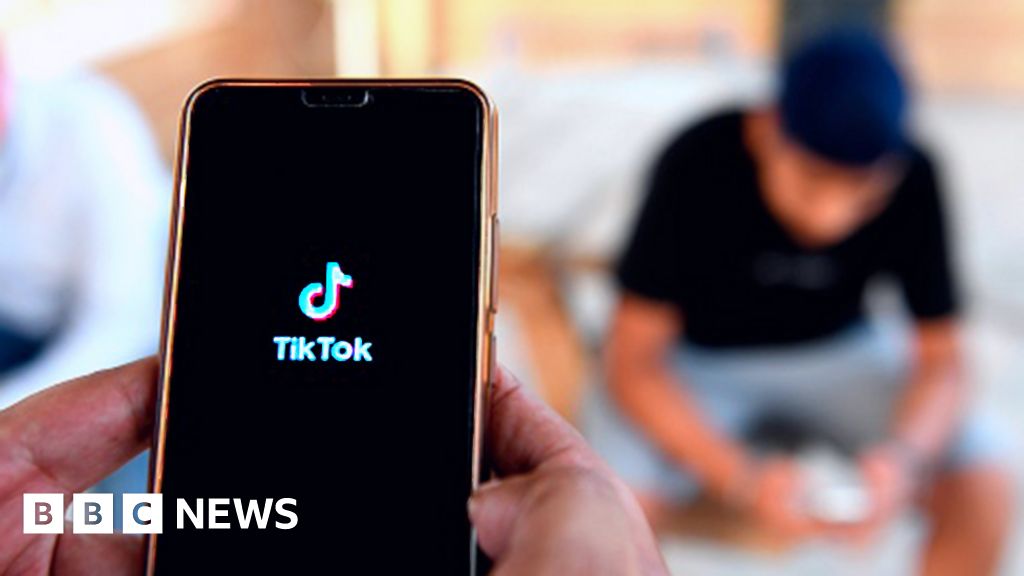Thousands of emotional Fu Bao fans lined the streets near Everland theme park, as the first giant panda born in South Korea left for China to join a breeding programme. Her parents were sent to South Korea as part of China’s “panda diplomacy” programme and after Fu Bao was born, she doubled the number of visitors at the park. Video shows a truck carrying the beloved panda moving through the streets, as people stand on the side of the road waving flags and wiping away tears. BBC
Category: BBC
Netflix’s 3 Body Problem, a billionaire and a ‘despicable’ murder
Lin checked himself into the hospital when he felt unwell after taking the pills, and was initially in stable condition. But his condition took a dramatic turn – he died 10 days later, on Christmas Day 2020, at the age of 39. At the time, he was believed to have had a net worth of around 6.8bn yuan (£745m; $941m), according to the Hurun China Rich List BBC
China axes Covid-era tariffs on Australian wine
Australian wine representatives said the industry lost A$2.1bn ($1.37bn, £1.08bn) in the year after China was shut off. Despite pivoting to other markets, winemakers struggled to sell the volume of bottles to other countries and have faced a significant glut in recent years. BBC
China hits out at US and UK over cyber hack claims
“The Chinese side has already made technical clarifications and response to the APT 31-related Information submitted by the UK side, which made clear that the evidence provided by the UK was inadequate,” he said, adding: “Unfortunately, we haven’t heard from the UK side.” BBC
UK hits out at Chinese-backed cyber-attacks
“To our belief in democracy, human rights, freedom of expression, freedom of worship. These are the things that we hold dear, but we seem reluctant to want to defend those against the others who hold none of those virtues and values and want to take ours from us.” BBC
Security law brings Hong Kong’s future as business hub into question
The city should not be discounted as an international financial hub, says Kevin Tsui, chief economist at the research firm Orientis. He adds that Hong Kong should make use of its advantages – a simple, low-rate tax system, and the fact that it’s the only Chinese city with no foreign exchange controls. The Hong Kong dollar is also pegged to the US dollar, providing financial stability. BBC
Hong Kong’s new law is ‘final nail in coffin’ – critics
Hong Kong was handed back to China in 1997 under the principle of “one country, two systems”, which guaranteed the city a certain degree of autonomy. While Beijing and Hong Kong both insist this is still the case, critics and international rights groups say China’s grip on the city has only tightened with time. BBC
Hong Kong passes tough security law
Scores of people have been arrested under the NSL since it was passed in 2020, which critics say has created a climate of fear. Amnesty International’s China director Sarah Brooks said the new law “delivered another crushing blow to human rights in the city”, while Maya Wang, acting China director at Human Rights Watch, said it would “usher Hong Kong into a new era of authoritarianism”. BBC
How Temu is shaking up the world of online shopping
With the Chinese consumer market under its spell, Pinduoduo expanded overseas with Temu, using the same model that had ensured its previous success. According to Mr Rein, who is based in Shanghai, the firm has become a great source of pride and patriotism. BBC
Is TikTok really a danger to the West?
The issue that critics have with TikTok is that it is owned by Beijing-based tech giant ByteDance, making it unique as a non-American mainstream app. Facebook, Instagram, Snapchat and YouTube, for example, all collect similar amounts of data but are all US-founded companies. BBC

